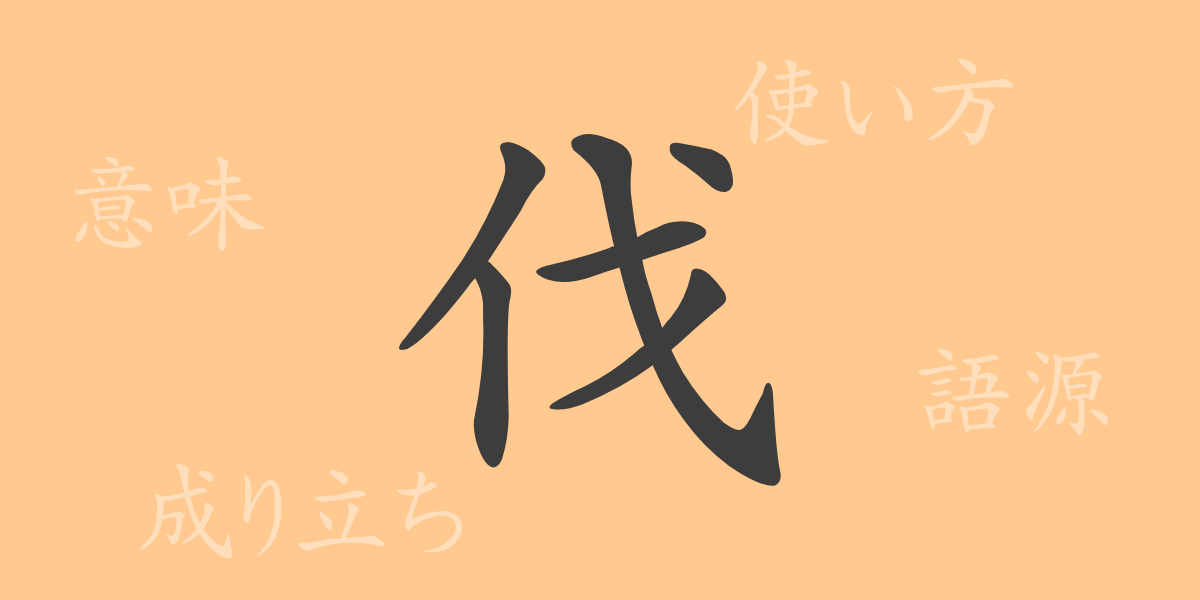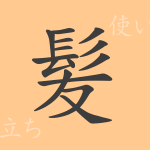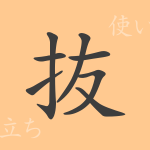The exploration of a single Kanji character reveals the history and culture embedded within, offering a journey into the essence of human thought and action through language. This article focuses on the common Japanese Kanji “伐” (はつ/バツ), delving into its origins, meanings, and usage. We will explore the robustness of this character and its role in the Japanese language.
Origins of 伐 (はつ/バツ)
The Kanji “伐” originated in ancient China, evolving from a pictograph symbolizing an axe used for cutting down trees. This character represents the act of striking down or removing something with force. Over time, its meanings expanded to include concepts of attack or punishment in warfare.
Meaning and Usage of 伐
“伐” primarily means “to strike,” “to cut down,” or “to attack,” used in contexts of war or competition where proactive actions are taken. Metaphorically, it also signifies acts of justice like vanquishing evil or rectifying wrongs.
Readings, Stroke Count, and Radical of 伐
“伐” is an ancient character with complex readings and elements:
- Readings: On’yomi as “バツ” (“Batsu”), “ハツ” (“Hatsu”); Kun’yomi as “きる” (“kiru”), “そむく” (“somuku”)
- Stroke Count: Total of 8 strokes
- Radical: 人 (ひと/にんべん), representing “person”
Phrases and Proverbs Including 伐
Phrases and proverbs containing “伐” reflect its strong connotations. For instance, “伐採” (ばっさい) means cutting down trees, and “征伐” (せいばつ) denotes conquering or annihilating an enemy, both suggesting assertive actions. The phrase “自家撞着” (じかどうちゃく) cautions against contradictions in one’s words or actions.
Conclusion on 伐
The Kanji “伐” imparts strength and proactivity into words, used extensively across various idioms and proverbs, imbuing them with diverse meanings. As a common Kanji in Japanese, it continues to leave a strong impression in the realm of language.

























